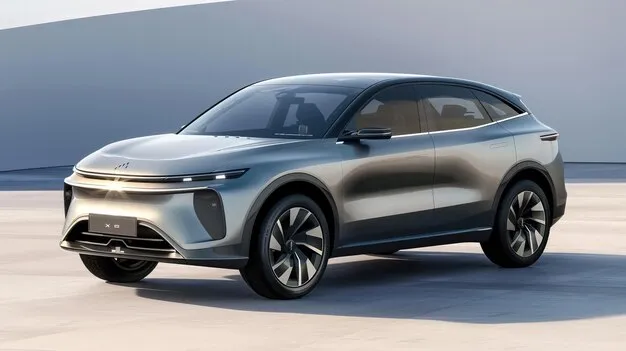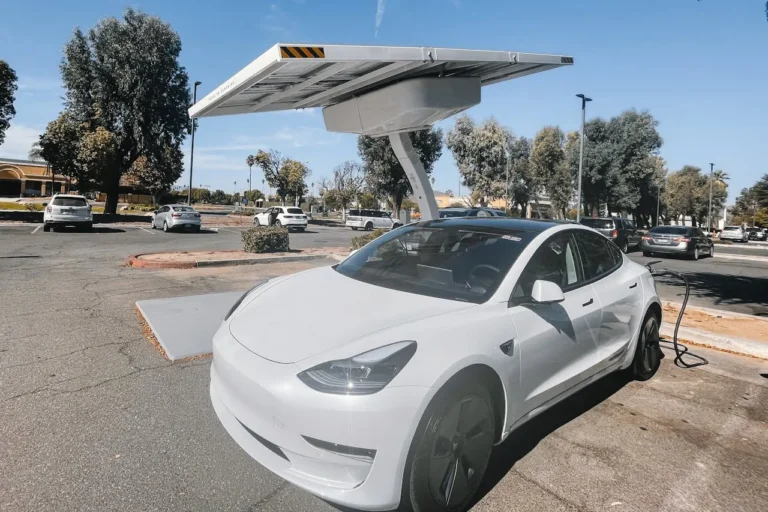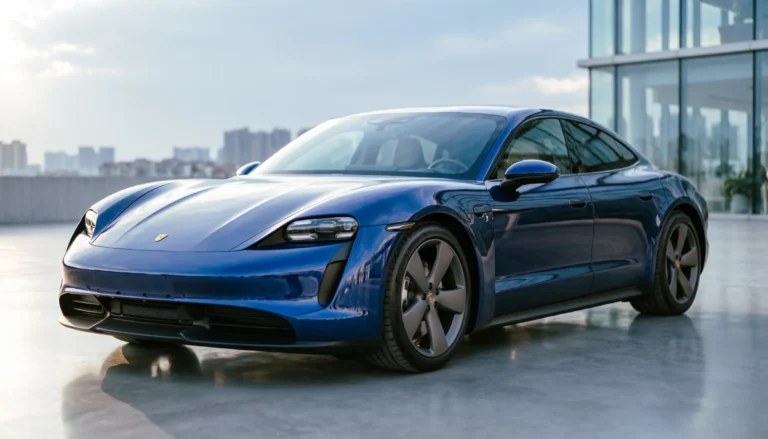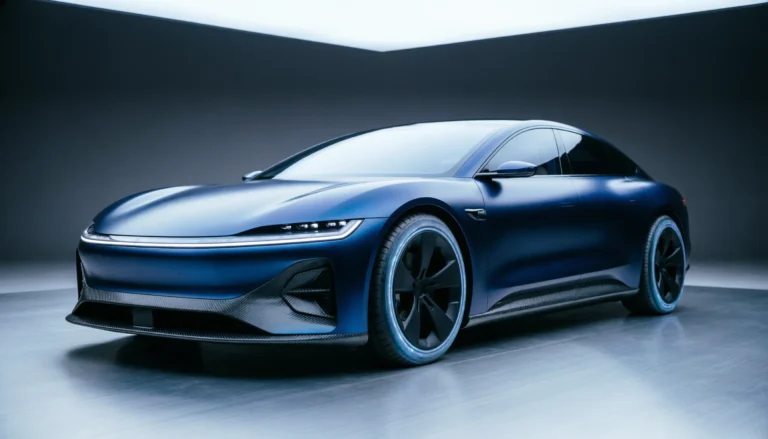
Faraday Future and Faraday X Engage in Strategic White House Roundtable on Tariffs, U.S. Manufacturing, and Innovation
Faraday Future Intelligent Electric Inc. (Nasdaq: FFAI), widely known as “FF” or “Faraday Future,” recently took part in a significant business roundtable held at the White House in Washington, D.C. This high-level meeting, which included numerous prominent business leaders, reflects FF’s growing engagement with U.S. policy discussions on the future of innovation, manufacturing, and global trade. Among the attendees was Max Ma, CEO of Faraday X (FX), a newly launched subsidiary of FF. During the event, Ma engaged in meaningful dialogue with key White House officials, including Hailey Borden, Special Assistant to President Trump and Director of Business Outreach in the Office of Public Liaison.
The roundtable served as an open forum for discussion on some of the most pressing economic and industrial policy issues of the moment. Key topics included the impact of global tariffs on manufacturing, strategies for strengthening U.S.-based production, and the vital role of innovation in maintaining American competitiveness—particularly in the rapidly evolving electric vehicle (EV) sector.
Faraday Future’s participation underscores its commitment to aligning its corporate strategy with national priorities, especially as the U.S. seeks to bolster its position in global manufacturing and ensure data security and supply chain resilience in critical sectors such as the automotive industry. The company expressed its eagerness to maintain a collaborative relationship with the White House, emphasizing the shared goal of revitalizing American industry while embracing the future of clean mobility.
Strategic Vision and FX Launch
FF’s involvement in this policy discussion is closely tied to its recently introduced Global Automotive Industry Bridge Strategy. Central to this initiative is the goal of creating a seamless industrial linkage between the U.S. and China, with the potential to expand this model globally. As part of this strategy, FF launched Faraday X (FX), a second vehicle brand designed to bring globally sourced, high-quality automotive components to the U.S. for localized assembly.
The FX approach aims to support U.S. industrial objectives by leveraging international innovation while boosting domestic manufacturing. It is designed not only to stimulate economic activity in the U.S., but also to create a resilient and future-focused supply chain within the electric vehicle sector. FX’s strategy ensures alignment with American economic and strategic goals, such as technological leadership, reduced dependency on foreign production, and national security.
U.S.-Centric Manufacturing Strategy
Faraday Future has already established itself as a committed player in the U.S. automotive manufacturing landscape. The company is proud to report that all of its vehicles are built entirely within the United States. Furthermore, approximately half of FF’s suppliers are based domestically, underscoring the company’s dedication to supporting local businesses and contributing to the growth of the U.S. manufacturing sector.
As the FX brand continues to scale, it will initially rely on internationally sourced components. However, FX is actively pursuing a roadmap to transition these sourcing operations toward U.S.-based suppliers. This progressive reshoring plan is designed to not only bolster the local economy but also to attract foreign suppliers to set up manufacturing operations on American soil. By fostering these transnational partnerships and facilitating domestic industrial growth, FX hopes to serve as a catalyst for the broader development of a robust new energy vehicle (NEV) ecosystem in the United States.
This dual focus—local assembly supported by global collaboration—positions Faraday Future and Faraday X as critical contributors to the next phase of America’s industrial resurgence.
Navigating Tariff Impacts and Seizing Opportunities
The business roundtable also came at a pivotal time for FF and FX, as new and proposed tariffs introduce both challenges and opportunities for companies operating across global supply chains. While these tariffs could present short-term headwinds, Faraday Future sees the broader picture. The company views this moment as an opportunity to reaffirm its value to the U.S. economy and its role in advancing domestic innovation.
To that end, FF is actively working with policymakers to ensure that future regulations support a balanced, competitive, and forward-looking automotive industry. The company has submitted a series of policy recommendations focused on fostering U.S.–China collaboration within the EV space. These proposals emphasize the importance of building a cooperative framework that encourages innovation, safeguards data privacy, and ensures fair market practices while supporting American workers and businesses.
Max Ma, CEO of FX, described the roundtable as an inspiring opportunity to contribute to a national dialogue on economic growth and industrial innovation. “I was honored to participate in this important and timely discussion at the White House, which included such pertinent topics related to our operations—such as tariffs, U.S.-based manufacturing, and the importance of innovation in driving the automotive industry to the next level,” said Ma.
He added, “At FX, we believe that the path to success lies in collaborative innovation and transparent engagement. We are optimistic about the opportunity to continue this dialogue with the White House and other leaders. These discussions allow us to share our vision for the future of the automotive industry in the U.S. and to help shape policies that will allow companies like FF and FX to thrive.







